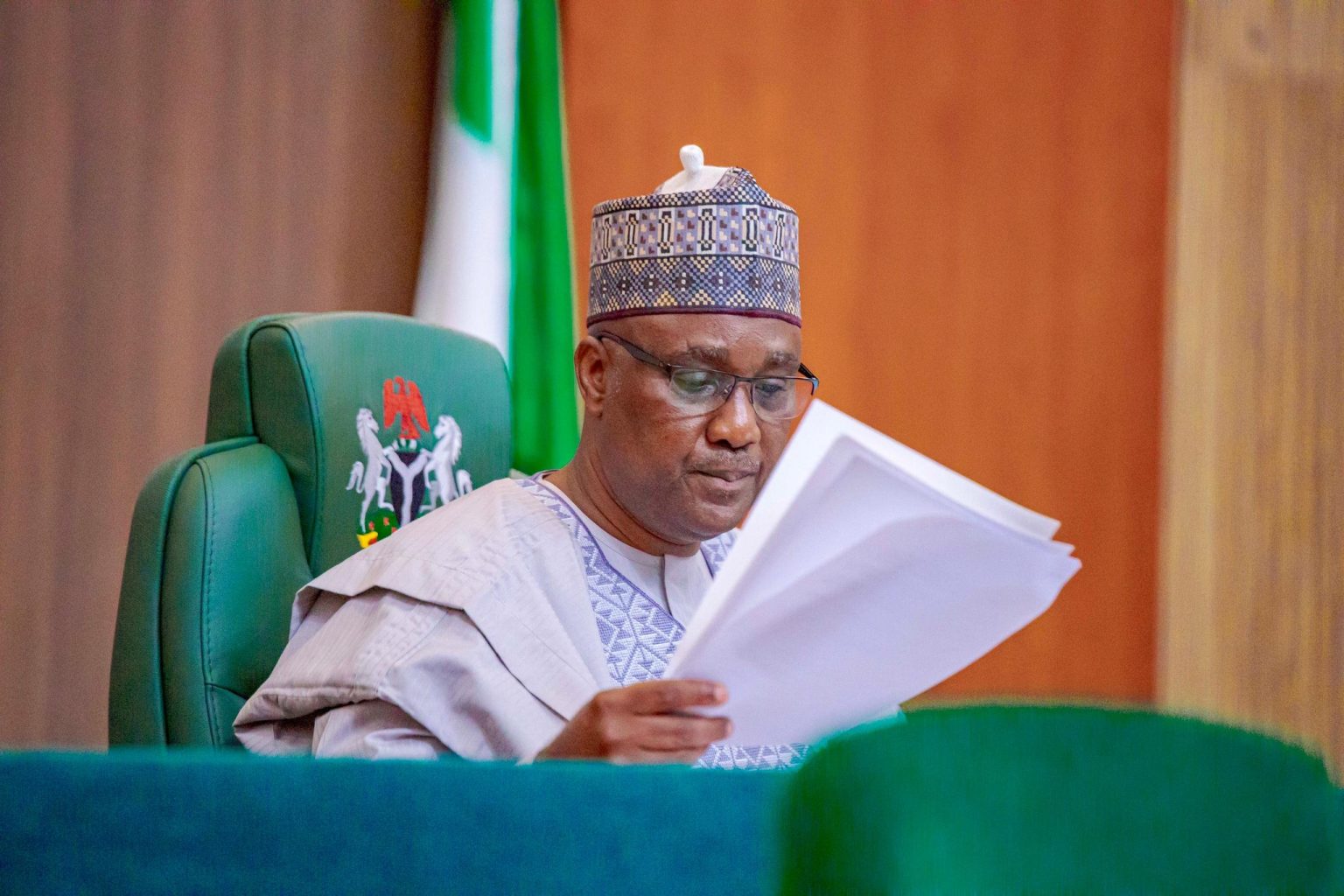The Speaker of the House of Representatives, Abbas Tajudeen, has warned that Nigeria’s growing debt burden has exceeded the country’s legal threshold and now poses a serious threat to fiscal sustainability.
Speaking at the opening of the 11th Annual Conference and General Assembly of the West Africa Association of Public Accounts Committees (WAAPAC) in Abuja on Monday, the Speaker said the country’s total public debt rose to ₦149.39 trillion (approximately US$97 billion) in the first quarter of 2025, up from ₦121.7 trillion the previous year.
Abbas noted that Nigeria’s debt-to-GDP ratio now stands at 52 percent, surpassing the statutory limit of 40 percent set by law.
“As at the first quarter of 2025, Nigeria’s total public debt stood at ₦149.39 trillion, equivalent to about US$97 billion. This represents a sharp rise from ₦121.7 trillion the previous year, underscoring how quickly the burden has grown,” he said.
“Even more concerning is the debt-to-GDP ratio, which now stands at roughly 52 percent, well above the statutory ceiling of 40 percent set by our own laws.”
READ ALSO; Tinubu’s reforms will drive economic growth – Speaker
He described the situation as a warning sign for Nigeria’s fiscal stability and called for enhanced oversight, transparent borrowing practices, and reforms to ensure loans are used for projects that provide clear economic and social benefits.
Abbas warned that many African countries are already spending more on debt servicing than on essential services such as healthcare and education. He said Nigeria must take steps to avoid a similar situation.
As part of efforts to improve debt management in the region, Abbas announced the planned creation of a West African Parliamentary Debt Oversight Framework under WAAPAC. The framework will harmonise debt reporting across the sub-region, establish transparency standards, and provide parliaments with data for effective scrutiny of borrowing.
He also disclosed plans for a regional capacity-building programme aimed at improving debt sustainability analysis and fiscal risk assessment.
The Speaker emphasised that borrowing should be focused on infrastructure, health, education, and industries that generate employment and reduce poverty. He said loans obtained for consumption or lost to corruption must be firmly rejected.
Abbas reaffirmed the 10th House of Representatives’ commitment to transparency, adding that under its Open Parliament initiative, all major borrowing proposals will undergo public hearings, and simplified debt reports will be made available to citizens.



